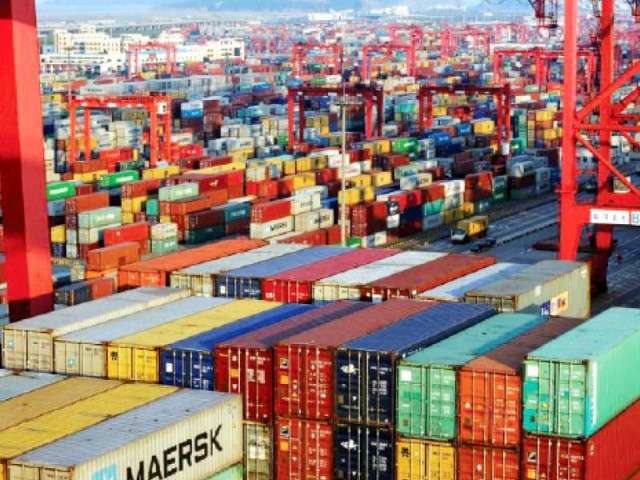Charter of economy crucial for stability: PBF
Blames politically motivated policies for persistent socioeconomic problems

The Pakistan Business Forum (PBF) is set to start working with sectorial associations to draft a much-needed “Charter of Economy” to encourage political stakeholders to keep politics and the economy separate as the country faces severe economic challenges.
Talking to the media on Wednesday, PBF President Mian Usman Zulfiqar said “The forum is going to hold its national consultative conference to create the ‘national economic plan’ and ‘charter of economy’ agenda.
According to the PBF president, the business community will sign the economic charter before the government and all political parties.
“To steer the nation out of political and socioeconomic crises, this charter is crucial,” he said, adding that, “Politically motivated economic policies are to blame for the country’s persistent socioeconomic problems.”
Highlighting that the country’s reserves have dropped to a level that is insufficient to cover imports for even one full month, he said that negative economic indicators are abound.
“The country is experiencing current account and fiscal deficits, circular debt in the power sector has reached Rs2500 billion, and exports and remittances are on the decline,” he lamented.
It does not appear that the revenue target of Rs7,470 million has been met, he added.
“And with our friendly nations reluctant to assist, we are forced to approach the International Monetary Fund given the precarious circumstances. Politics should take precedence over the economy,” said Zulfiqar.
The PBF president explained that the country’s GDP growth rate is anticipated to be 2.9% in the fiscal year 2023. “Over $30 billion in economic losses were caused by floods, the national poverty rate has increased from 4.5% to 7%, and the majority of the IMF-recommended measures have proven to be counterproductive.”
The business community has long demanded a charter for the economy and PBF has proposed a set of areas in which the government ought to work seriously, he said.
Some of these areas include energy security, public finance and monetary policy management, foreign exchange management, trade and investment, national food security, and the sustainability of the agriculture sector.
The PBF suggests that each subsequent government must strictly adhere to the ‘indicative generation capacity plan’, which aims to achieve 90% self-sufficiency, to indigenise the power sector. To guarantee affordable and long-lasting electricity, the government will gradually abandon cross-subsidisation, adopt competitive tariffs, and privatise discos.
Published in The Express Tribune, February 2nd, 2023.
Like Business on Facebook, follow @TribuneBiz on Twitter to stay informed and join in the conversation.



















COMMENTS
Comments are moderated and generally will be posted if they are on-topic and not abusive.
For more information, please see our Comments FAQ